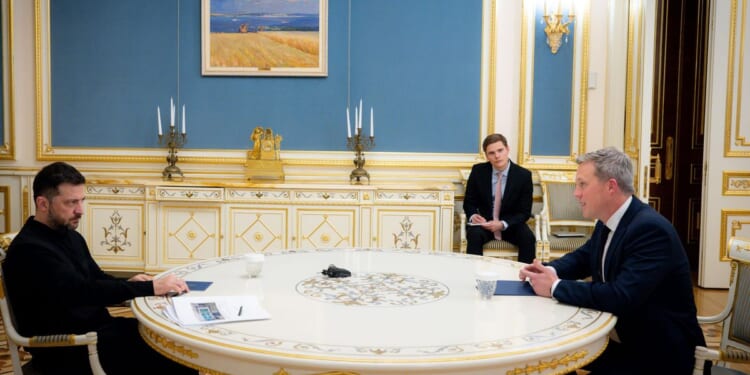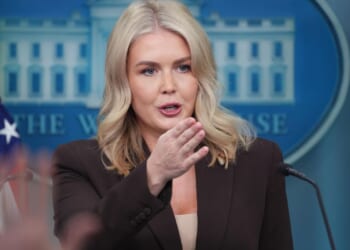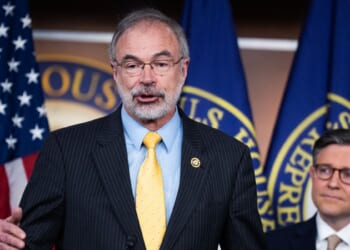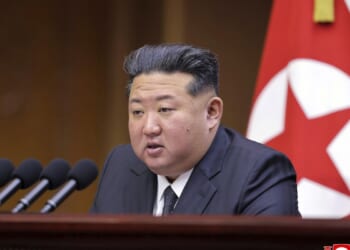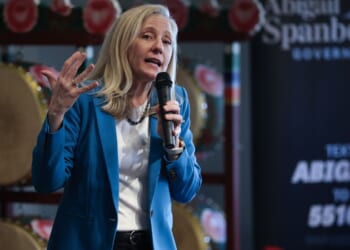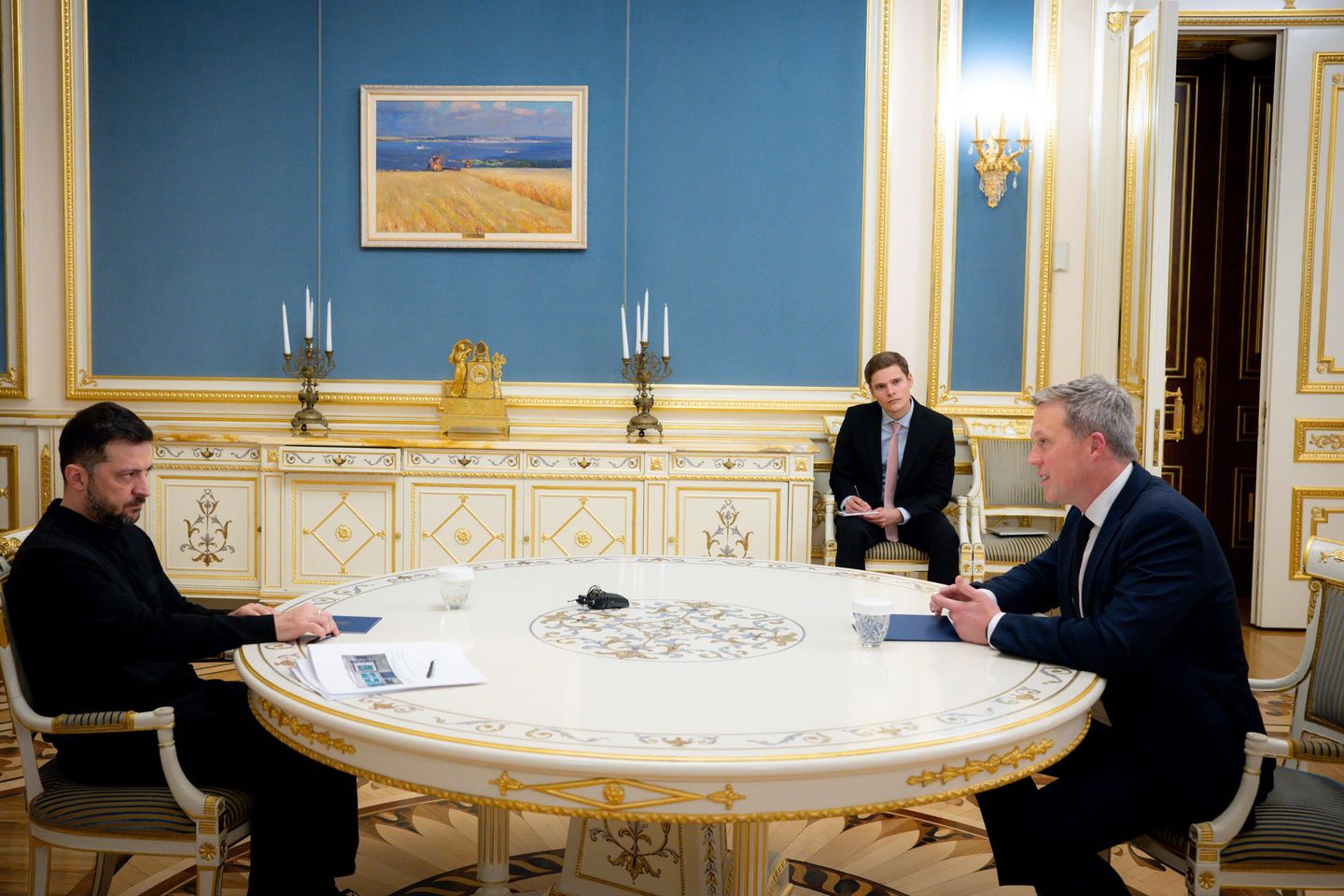
1. What is the controversial peace plan that sparked outrage at the Halifax security conference?
The Trump administration and the Kremlin crafted a 28-point peace plan for Ukraine without Ukraine’s involvement. The proposal acquiesces to many Russian demands that Ukrainian President Volodymyr Zelenskyy has repeatedly rejected, including requiring Ukraine to give up large pieces of territory currently held by Russia.
2. Why are U.S. senators calling this proposal a serious geopolitical mistake?
Senators from both parties argue the plan rewards Russian aggression and sets a dangerous global precedent. Independent Sen. Angus King compared it to the failed 1938 Munich Pact with Hitler and warned that adversaries like Xi Jinping and Kim Jong Un are watching to see if aggression pays off. Democratic Sen. Jeanne Shaheen called it “a Putin plan” that shows Trump allowing Putin to manipulate him.
3. How have Russia and Ukraine responded to the proposal?
Putin welcomed the proposal late Friday, saying it “could form the basis of a final peace settlement” if the U.S. can persuade Ukraine and European allies to agree. Zelenskyy did not outright reject the plan but insisted on fair treatment while pledging to “work calmly” with Washington during what he called “one of the most difficult moments in our history.”
SEE ALSO: American senators rip Trump’s Ukraine peace proposal at international security conference in Canada
4. What impact is the Trump administration having on the Halifax International Security Forum?
The Trump administration suspended participation of U.S. defense officials in think tank events, including the Halifax forum. Despite this, an unusually large delegation of U.S. senators attended this year, in part due to strained U.S.-Canada relations caused by Trump’s trade war and comments suggesting Canada should become the 51st U.S. state.
5. What are the broader implications for U.S.-Canada relations?
Trump’s tariffs and rhetoric about Canada becoming a U.S. state have severely damaged the bilateral relationship. Many Canadians now refuse to travel to the U.S., and border states like New Hampshire are experiencing a dramatic drop in tourism. Sen. Shaheen said the comments show “a lack of respect of sovereign nations” and are detrimental both to the Canada-U.S. relationship and globally.

